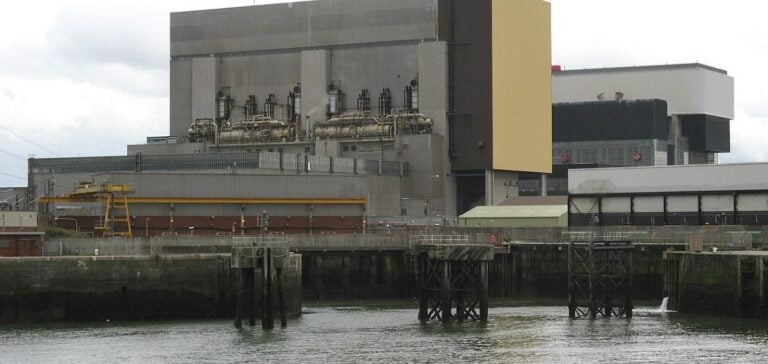EDF, the French energy company, announced on Wednesday that it will extend the lifespan of four of its nuclear power plants in the United Kingdom, a strategic decision to ensure the island’s energy security. The affected plants are Heysham 1, Heysham 2, Torness, and Hartlepool, all equipped with advanced gas-cooled reactors.
Heysham 2, located in the northwest of England, and Torness, in southern Scotland, will benefit from a two-year extension, enabling them to produce electricity until March 2030. Heysham 1, also in the northwest, and Hartlepool, in the northeast of England, will see their operation extended by one year, until March 2027. EDF had initially planned to shut down these plants in 2023.
Mark Hartley, Managing Director of Nuclear Operations at EDF UK, highlighted that massive investments have been made since the acquisition of the nuclear fleet in 2009. These efforts, valued at approximately £8 billion (€9.7 billion), have allowed the lifespan of the facilities to be extended multiple times while achieving a production level significantly above initial forecasts.
A strategy for energy independence
These decisions come as the UK government seeks to meet ambitious clean energy goals by 2030. The UK’s Energy Minister, Ed Miliband, welcomed the extension, calling it a “major victory for energy independence” in the United Kingdom. According to him, nuclear power remains a cornerstone of the country’s climate and energy objectives.
EDF also announced an additional £1.3 billion (€1.6 billion) investment in its five active nuclear power plants in the UK over the next three years. This funding will focus on modernizing infrastructure and maintaining safety standards.
Future projects and limitations
At the same time, EDF continues to develop new nuclear power plants, including Hinkley Point C and Sizewell C, which are expected to play a crucial role in the UK’s energy future. However, EDF withdrew last July from a bidding process for developing small modular reactors (SMRs), citing financial and technological challenges.
EDF’s fifth nuclear power plant in the UK, Sizewell B, is not included in the current announcements. However, EDF mentioned the possibility of extending its lifespan to 2055, adding two decades of operation if necessary to meet energy demand.






















